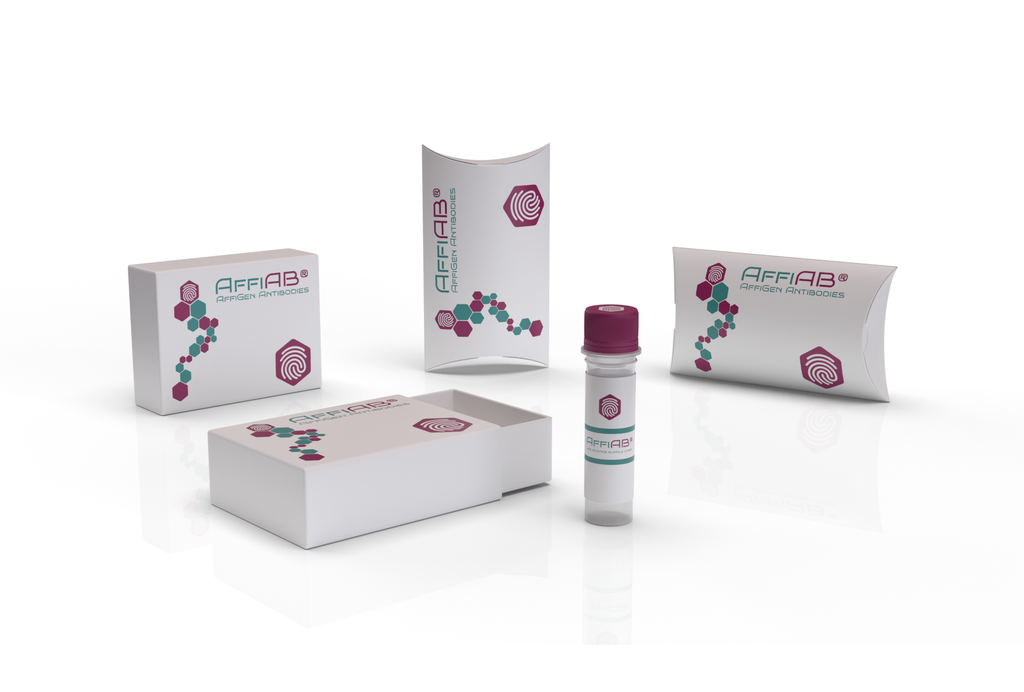AffiAB® Anti-SNW1 Antibody
This gene, a member of the SNW gene family, encodes a coactivator that enhances transcription from some Pol II promoters. This coactivator can bind to the ligand-binding domain of the vitamin D receptor and to retinoid receptors to enhance vitamin D-, retinoic acid-, estrogen-, and glucocorticoid-mediated gene expression. It can also function as a splicing factor by interacting with poly (A) -binding protein 2 to directly control the expression of muscle-specific genes at the transcriptional level. Finally, the protein may be involved in oncogenesis since it interacts with a region of SKI oncoproteins that is required for transforming activity. Alternative splicing results in multiple transcript variants.
Antibody type
Rabbit polyclonal Antibody
Uniprot ID
SwissProt: Q13573 Human; SwissProt: Q9CSN1 Mouse; SwissProt: D4A8G7 Rat
Recombinant
NO
Conjugation
Non-conjugated
Host
Rabbit
Isotype
IgG
Clone
N/A
KO/KD
N/A
Species reactivity
Human, Mouse, Rat
Tested applications
WB, IHC-P, IF-Cell, FC
Predicted species reactivity
N/A
Immunogen
Recombinant protein within human SNW1 aa 1-200.
Storage
Store at +4°C after thawing. Aliquot store at -20°C. Avoid repeated freeze / thaw cycles.
Form
Liquid
Storage buffer
1*TBS (pH7.4) , 0.2% BSA, 50% Glycerol. Preservative: 0.05% Sodium Azide.
Concentration
1 mg/mL.
Purity
Immunogen affinity purified.
Signal pathway
N/A
Recommended dilutions
WB: 1:1, 000-1:5, 000; IHC-P: 1:400-1:1, 000; IF-Cell: 1:50-1:100; FC: 1:100-1:500
Molecular Weight
Predicted band size: 61 kDa.
Subcellular location
Nucleus.
Positive control
PC-12 cell lysates, NIH/3T3 cell lysates, Jurkat cell lysates, human kidney tissue, mouse colon tissue, rat testis tissue, Hela, NIH/3T3.
